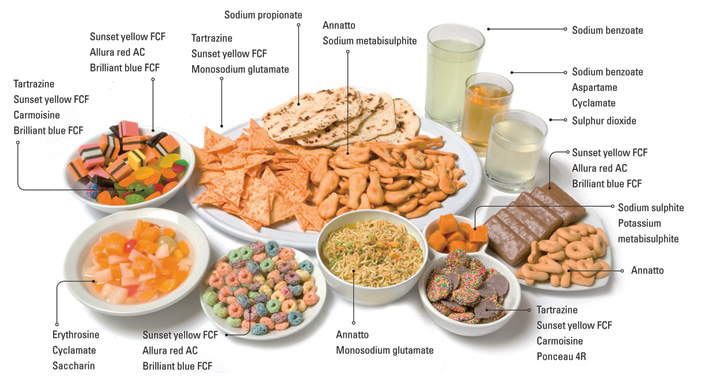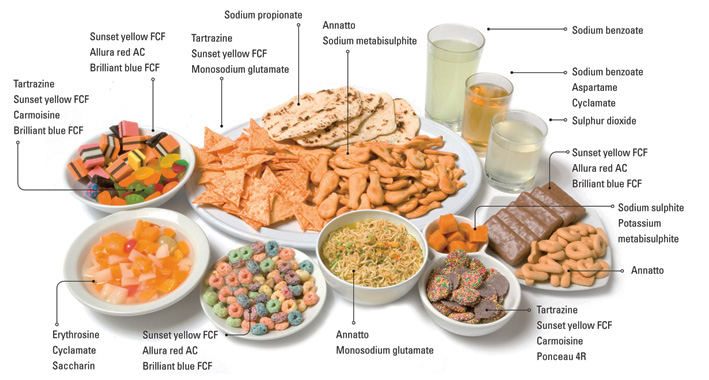Studies on the human gut have added further evidence that emulsifiers and additives found in most processed foods are linked to obesity, diabetes and inflammatory…

Emulsion

Study in mice suggests changes might raise risk of bowel diseases and metabolic syndrome WEDNESDAY, Feb. 25, 2015 (HealthDay News) -- A common ingredient in…

The U.S. Food and Drug Administration (FDA) regulates the use of food additives like preservatives, colors, sweeteners, fat replacers, emulsifiers and other ingredients added to food to maintain or…

Emulsifiers approved for use by the U.S. Food and Drug Administration are commonly added to processed foods to improve texture, increase shelf life and prevent…
